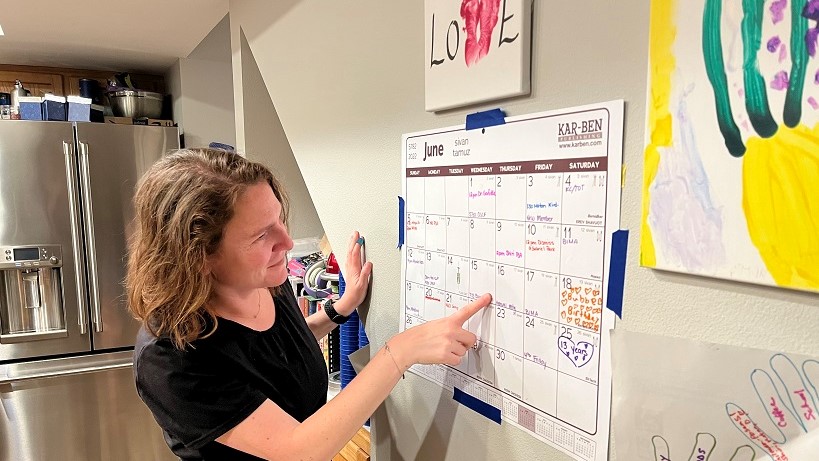As we continue to weather the Covid years, I’ve found myself wondering which of the lessons I’ve learned will stick with me. Will I carry with me the lessons of resiliency or will the need to have a completely stocked pantry be what sticks? Will I return to the comfort of rigid planning, or can I carry with me a more go-with-the-flow attitude I’ve had to adopt? And, how will I keep myself from forgetting?

During the early stages of the pandemic, I was quite mesmerized by historical fiction about the 1918 pandemic, which brought a certain comfort knowing that even as awful as it was then, I was born into a world where the nasty scars from it have all but disappeared. I also read it to get a glimpse into what might become part of our everyday lives in the wake of a societal rebirth.
Habits are often formed in response to specific circumstances, but then change as the world around us changes. If I want to hold on to any of the good habits I’ve developed throughout these years, I’ll need to do some active work to keep them alive. This is a lesson as old as Torah.
Our parshah this week, Beha’alotcha, lands us with Aaron and Moses as they get into the daily requirements of their jobs. This section of text begins with instructions for the purification of the Levites as they do their holy work in the Tabernacle. We read about the first Passover sacrifice in the wilderness and how to celebrate Passover if we miss it the first time around. Then the text turns toward the Tabernacle, the Mishkan, and teaches us that God’s presence hovers over it in a cloud. Finally, Moses’s family – his father-in-law, wife, and children – return to join him and the rest of the Israelite nation on their journey through the wilderness.
At this moment, the Israelites have left Egypt and the story of Passover is both fresh in their minds and a world away in this first new moon of the second year following the Exodus. God notes this moment and then instructs Moses and the nation on how to reenact the story of the Exodus so that they would not forget. Keep in mind, the nation is still in the desert. They’re a mere 12 months removed from slavery, and yet that story, the miracle of crossing the sea and the wonderment of God, might no longer be fresh in their minds. Therefore they must review the story before it is too distant a memory to really be carried on.
If you try to glean something from an experience after the experience is over, you might miss quite a bit. At this point we’re not quite out of the pandemic, but hopefully far from the height of it. This is the time to remember the lessons we’ve learned. This is the time to make some habits permanent.



